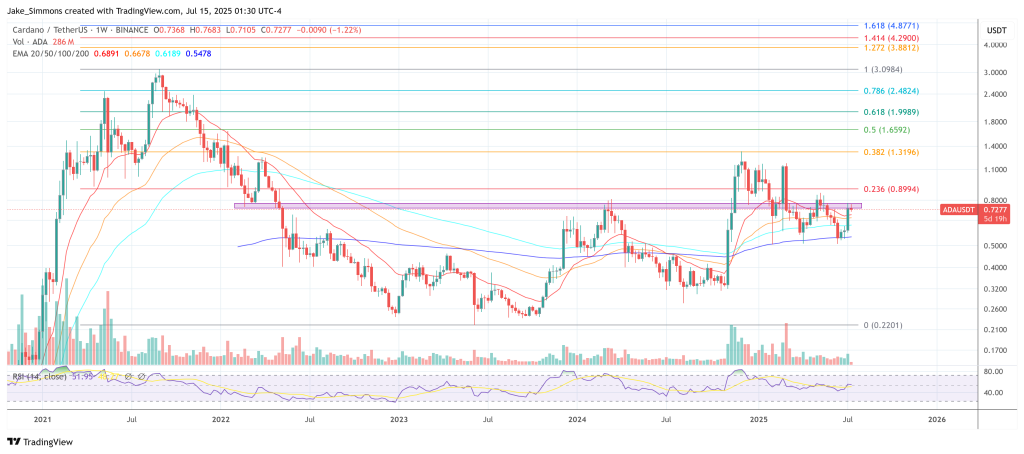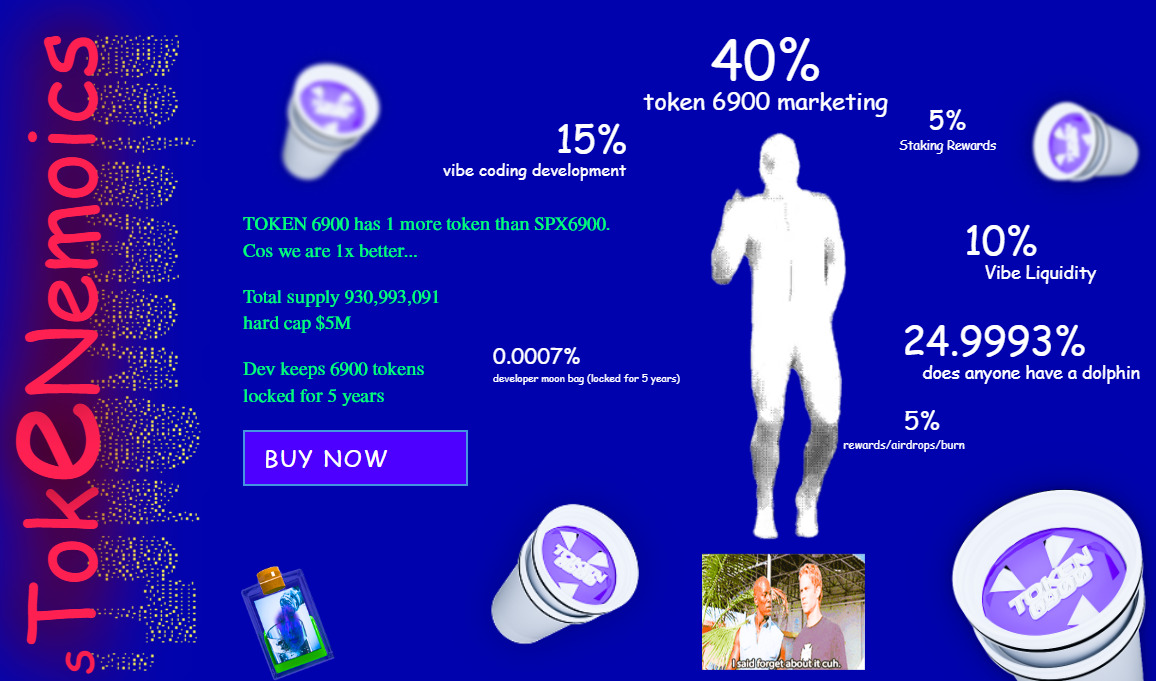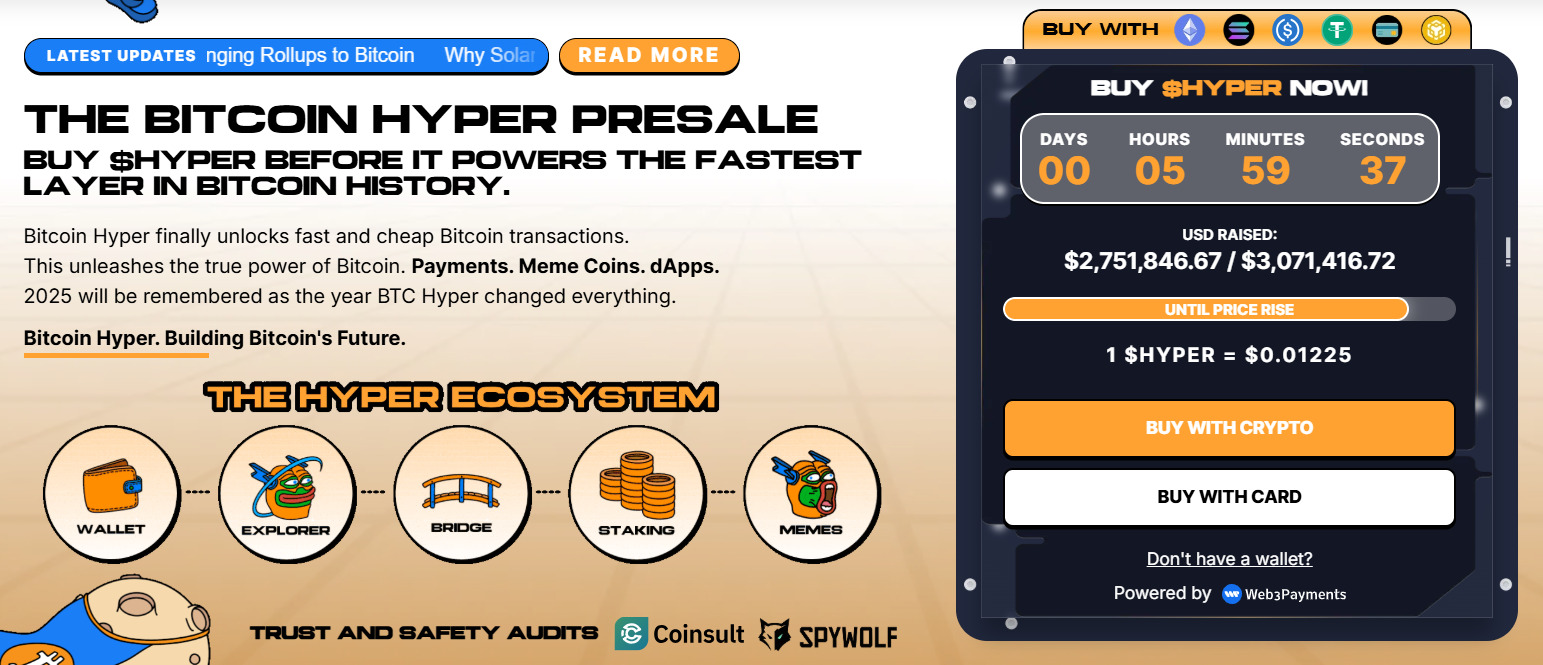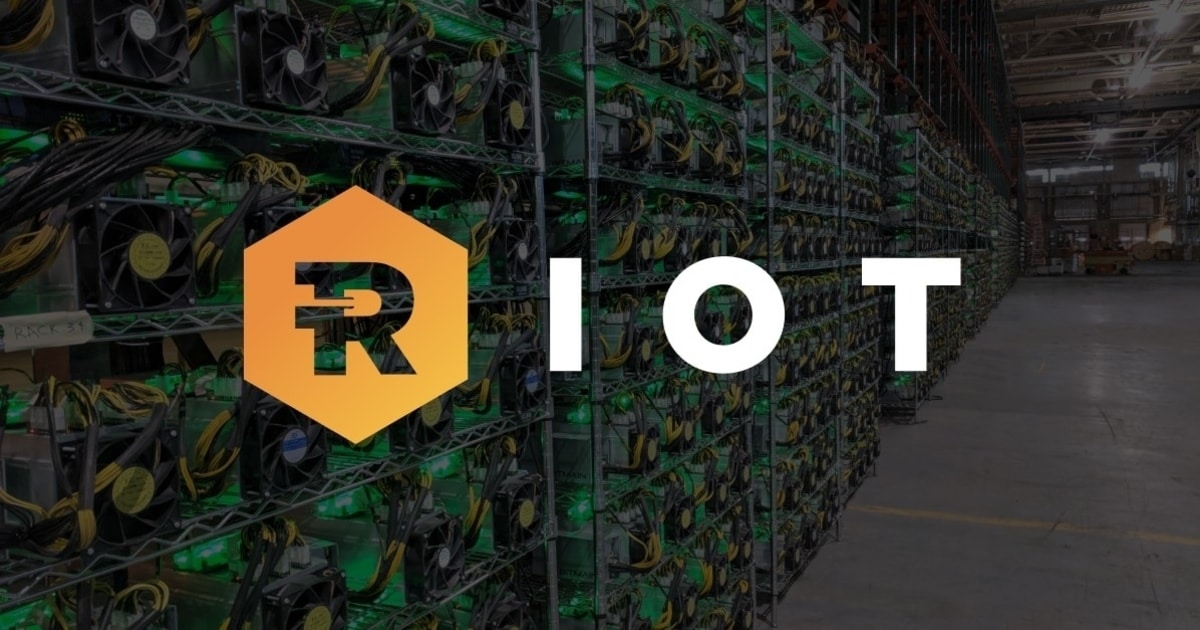Tokenization, the process of converting physical assets into digital tokens, is changing how we perceive and interact with traditional assets. Tokenization, which was popularized by cryptocurrencies, has now spread beyond digital currencies and is being used in a variety of industries, including real estate and intellectual property.
This article investigates the advent of tokenization as a transformational technology, its applicability in various industries, as well as the possible benefits and problems it provides.
Tokenization Explained
Tokenization is the process of using blockchain technology to represent the ownership or value of an asset. The technique permits fractional ownership, higher liquidity, and enhanced transparency by turning actual assets, like as real estate properties or intellectual property rights, into digital tokens.
Tokens are often issued on a blockchain network, where they provide a secure and immutable record of ownership and enable frictionless transactions.
Tokenization in the Real Estate Industry
Tokenization is reshaping the real estate business by making previously inaccessible and illiquid assets more accessible and liquid. Here are some major characteristics of real estate tokenization:
Tokenization allows investors to own fractions of a property, allowing smaller investors to engage in profitable real estate opportunities that were previously unavailable to them. Additionally, fractional ownership allows for better diversification.
Increased Liquidity
By tokenizing real estate assets, ownership interests may be traded on secondary markets more readily. Because tokens can be bought and traded without the need for costly and time-consuming processes, real estate assets become more liquid.
Tokenization makes real estate investment opportunities available to a worldwide pool of investors. Traditional investment procedures remove the hurdles that prevent investors from participating in real estate developments.
Transparency and security are improved because blockchain technology creates a clear and secure record of ownership, transactions, and rental revenue distribution. This transparency fosters investor trust and decreases the possibility of fraudulent activity.
Intellectual Property Tokenization
Tokenization is also changing the way intellectual property (IP) rights are maintained and monetized. Here are some noteworthy elements of intellectual property tokenization:
Tokens can represent intellectual property ownership rights such as patents, copyrights, or trademarks. Tokenization allows creators or owners to distribute ownership and monetization rights to a larger pool of investors, who may then share in the revenue generated by the IP.
Increased Market Access
Because tokenization allows for fractional ownership of valuable intellectual property assets, smaller investors can participate in the potential financial rewards connected with these assets. This creates investment options formerly reserved for huge institutions or rich individuals.
Tokenization helps creators and artists by allowing them to tokenize their work and interact directly with their audience. This avoids traditional intermediaries like record labels and publishing houses, giving creators more control over their intellectual property.
Intellectual Property Licensing
Tokenization has the potential to simplify the licensing procedure for intellectual property. Smart contracts incorporated in tokens can automate royalty payments and ensure that authors are compensated fairly for the use of their intellectual property.
Tokenization's Advantages and Difficulties
Tokenization provides various advantages across businesses, including higher liquidity, fractional ownership, and increased transparency. However, it also raises some issues that must be addressed:
Regulatory Considerations
Tokenization functions in an ever-changing regulatory environment. Regulations governing securities, property rights, and intellectual property differ by jurisdiction. Compliance with these regulations is critical for successful tokenization implementation.
Custody and security
Tokenization poses new security challenges. To safeguard digital tokens from theft or illegal access, proper custody solutions and effective security measures are required. It is critical to protect private keys and use best practices in cybersecurity.
Market Acceptance
Tokenization's widespread implementation is dependent on market acceptance and the creation of supportive infrastructure. To educate market players with the benefits and mechanics of tokenization, education and awareness campaigns are required.
Interoperability and Standards
Tokenization framework standardization and interoperability between multiple blockchain networks are critical for scalability and widespread adoption of tokens across businesses. To establish uniform standards and processes, collaborative efforts are essential.
The Imperative Need to Legislate Tokenization
Tokenization has the potential to unlock new opportunities across industries such as finance, real estate, art, and more. However, to fully harness the benefits and mitigate potential risks, it is crucial to establish comprehensive legislation around it.
Legislation plays a vital role in providing clarity and legal certainty for tokenization. The lack of clear regulations can create ambiguity and hinder the adoption and integration of tokenized assets into traditional financial systems. By enacting legislation specific to tokenization, governments can define legal frameworks, rights, and obligations related to the issuance, trading, and ownership of digital tokens. This clarity fosters trust among market participants, encouraging wider acceptance and investment in tokenized assets.
Investor Protection, Consumer Protection and Data Privacy
Tokenization has the potential to democratize access to previously illiquid assets and unlock new investment opportunities for individuals. However, this innovative landscape also presents risks such as fraudulent token offerings, inadequate disclosure, and market manipulation.
Legislation can provide a regulatory framework to safeguard investors by mandating transparency, disclosure requirements, and anti-fraud measures. In fact, robust legislation would help establish standards for token issuers, exchanges, and service providers, ensuring fair practices and protecting investors from potential abuses.
Moreover, tokenization involves the digitization and transfer of sensitive personal and financial data. As such, legislation can play a crucial role in safeguarding consumer data privacy by establishing guidelines and best practices for handling and storing personal information associated with digital assets. By incorporating sound data protection measures into tokenization legislation, governments can help mitigate the risks of data breaches, identity theft, and unauthorized access to personal information.
Conclusion
Tokenization is changing how we see and interact with traditional assets ranging from real estate to intellectual property rights. Tokenization provides fractional ownership, better liquidity, and enhanced transparency by transforming these assets into digital tokens.
Tokenization in the real estate business allows smaller investors to access profitable opportunities while also increasing liquidity. Tokenization empowers creators and provides up financial options in the intellectual property space. Tokenization does, however, bring obstacles, such as legislative issues, security, and market adoption.
Collaboration among industry participants, regulators, and technology suppliers is critical as tokenization evolves. Tokenization's potential can be realized through collaborative efforts to create new opportunities, improve market efficiency, and change existing sectors.
The entire potential of tokenization across multiple asset classes will become more apparent as the technology evolves, changing the future of finance and intellectual property.
This article was written by FM Contributors at www.financemagnates.com.
You can get bonuses upto $100 FREE BONUS when you:
💰 Install these recommended apps:
💲 SocialGood - 100% Crypto Back on Everyday Shopping
💲 xPortal - The DeFi For The Next Billion
💲 CryptoTab Browser - Lightweight, fast, and ready to mine!
💰 Register on these recommended exchanges:
🟡 Binance🟡 Bitfinex🟡 Bitmart🟡 Bittrex🟡 Bitget
🟡 CoinEx🟡 Crypto.com🟡 Gate.io🟡 Huobi🟡 Kucoin.


















Comments